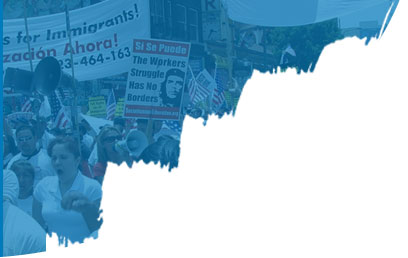
Vital Role of Aftercare in Human Trafficking Recovery
Human trafficking affects millions of individuals worldwide, leaving deep scars on survivors. While the immediate rescue and prosecution of traffickers are critical, we must not overlook the indispensable importance of aftercare. Aftercare plays a pivotal role in the long-term healing and empowerment of survivors, providing them with essential support and resources to rebuild their lives. Children’s Voice International (CVI) plays a critical role in the aftercare sector as we are a 501(c)(3) nonprofit that provides scholarships to survivors of child trafficking.
Survivors often suffer from profound physical, emotional, and psychological trauma. Establishing a foundation of trust and safety is essential to their recovery. By addressing immediate needs and fostering an environment of trust, aftercare helps survivors regain a sense of security, allowing them to start rebuilding their lives.
One of the most crucial aspects of aftercare is the opportunity for education, vocational training, and employment support. Human trafficking often disrupts or completely halts a survivor’s education and professional development, leaving them at a disadvantage when attempting to reintegrate into society. Aftercare programs bridge this gap by providing access to education and skills training, enabling survivors to acquire the knowledge and tools necessary for self-sufficiency.
There are a lot of organizations that help survivors get back on their feet, but at CVI we focus exclusively on scholarships because we believe that education is fundamental. Every child deserves a safe and nurturing environment, and it is our mission to ensure that they receive the care they need to heal and rebuild their lives. We focus on mentoring trafficked children to choose a career in their area of passion, and further provide scholarships to help them achieve their dreams. By empowering survivors to pursue their educational and career aspirations, aftercare programs contribute to their long-term success and integration into society.
Without proper aftercare, survivors of human trafficking face a higher risk of re-victimization or engaging in activities that may perpetuate cycles of exploitation. Aftercare programs play a pivotal role in breaking these cycles by equipping survivors with the necessary tools and support systems to prevent recidivism. By addressing the underlying factors that make individuals vulnerable to trafficking, such as lack of education, aftercare-focused organizations provide survivors with the means to create a stable and secure future.
